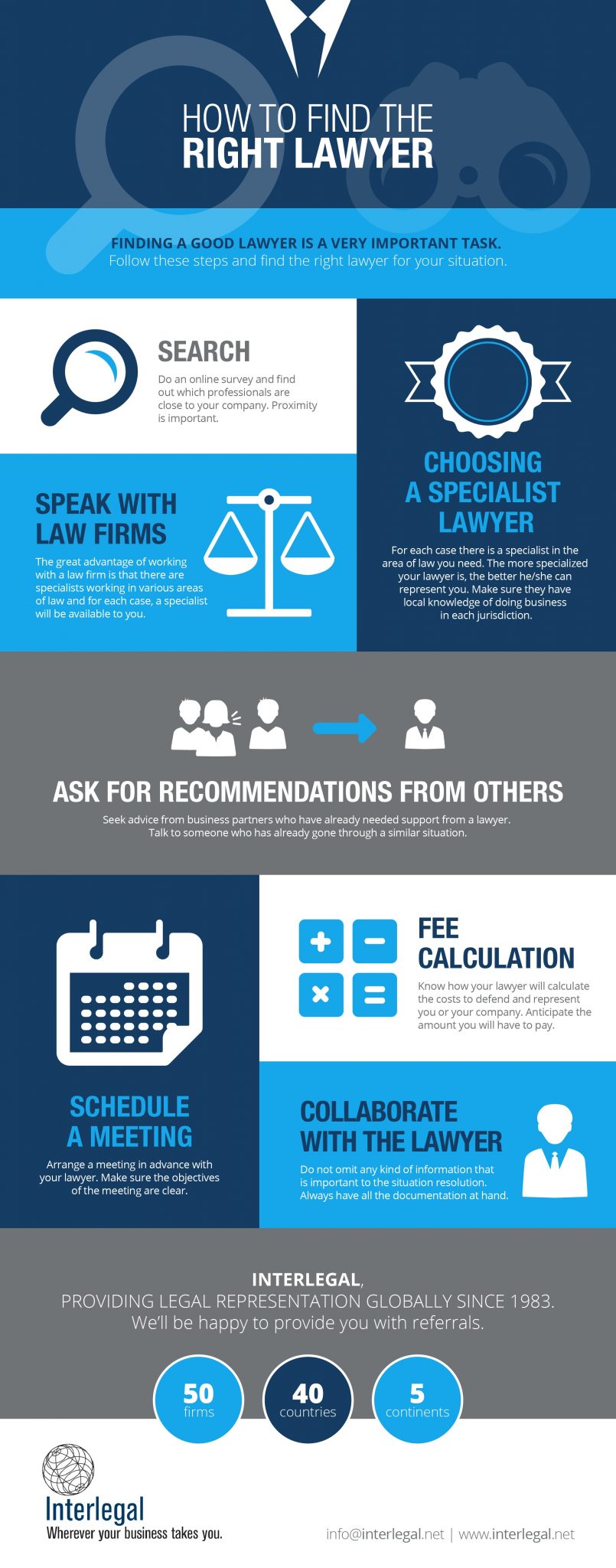Typical Misconceptions About Criminal Protection: Debunking Misconceptions
Typical Misconceptions About Criminal Protection: Debunking Misconceptions
Blog Article
Authored By-Kearns Kelleher
You've possibly heard the myth that if you're charged with a crime, you need to be guilty, or that remaining silent means you're concealing something. These prevalent ideas not only distort public perception but can additionally influence the end results of legal process. It's critical to peel off back the layers of false impression to understand real nature of criminal defense and the civil liberties it protects. Suppose you knew that these misconceptions could be taking down the extremely foundations of justice? Sign up with the discussion and explore just how unmasking these misconceptions is essential for guaranteeing justness in our legal system.
Myth: All Accuseds Are Guilty
Commonly, people incorrectly believe that if a person is charged with a criminal offense, they should be guilty. You may presume that the lawful system is infallible, yet that's far from the fact. Fees can originate from misconceptions, mistaken identifications, or insufficient proof. It's crucial to remember that in the eyes of the regulation, you're innocent until tested guilty.
This presumption of virtue is the bedrock of the criminal justice system. It guarantees that the burden of proof lies with the prosecution, not you. They must establish past a practical question that you committed the crime. This high typical secures individuals from wrongful sentences, ensuring that no one is penalized based on presumptions or weak proof.
In addition, being charged does not mean the end of the roadway for you. You can protect yourself in court. This is where a skilled defense lawyer comes into play. They can test the prosecution's case, existing counter-evidence, and supporter on your behalf.
The intricacy of legal procedures commonly requires expert navigating to guard your civil liberties and achieve a reasonable outcome.
Myth: Silence Equals Admission
Several believe that if you choose to continue to be silent when accused of a crime, you're essentially admitting guilt. Nevertheless, this could not be further from the truth. Your right to continue to be quiet is protected under the Fifth Amendment to prevent self-incrimination. just click the following web page 's a legal protect, not a sign of shame.
When you're silent, you're actually exercising a fundamental right. This stops you from claiming something that could inadvertently harm your protection. Bear in mind, in the warm of the moment, it's easy to get baffled or talk wrongly. Police can interpret your words in means you really did not intend.
By staying silent, you give your legal representative the best possibility to safeguard you effectively, without the problem of misinterpreted declarations.
Moreover, it's the prosecution's job to prove you're guilty beyond a reasonable doubt. Your silence can not be utilized as evidence of sense of guilt. As a matter of fact, jurors are advised not to analyze silence as an admission of shame.
Misconception: Public Defenders Are Ineffective
The mistaken belief that public defenders are inefficient persists, yet it's vital to recognize their crucial role in the justice system. mouse click the following website page believe that since public defenders are commonly overwhelmed with cases, they can not supply top quality defense. Nevertheless, this overlooks the depth of their devotion and proficiency.
Public defenders are completely certified attorneys that've selected to focus on criminal regulation. They're as certified as personal lawyers and often more skilled in test work due to the volume of situations they take care of. You may think they're much less inspired due to the fact that they don't select their customers, yet actually, they're deeply devoted to the ideals of justice and equality.
It is very important to remember that all lawyers, whether public or exclusive, face difficulties and constraints. Public protectors frequently collaborate with fewer sources and under even more stress. Yet, they consistently demonstrate strength and imagination in their protection approaches.
Their role isn't just a task; it's a mission to ensure that every person, despite income, obtains a reasonable trial.
Conclusion
You might assume if somebody's charged, they should be guilty, yet that's not exactly how our system functions. Picking to remain silent does not mean you're admitting anything; it's just wise protection. And do not ignore public protectors; they're dedicated experts devoted to justice. Bear in mind, every person is worthy of a reasonable trial and proficient representation-- these are basic civil liberties. Allow's shed these misconceptions and see the legal system of what it genuinely is: an area where justice is looked for, not just punishment dispensed.
